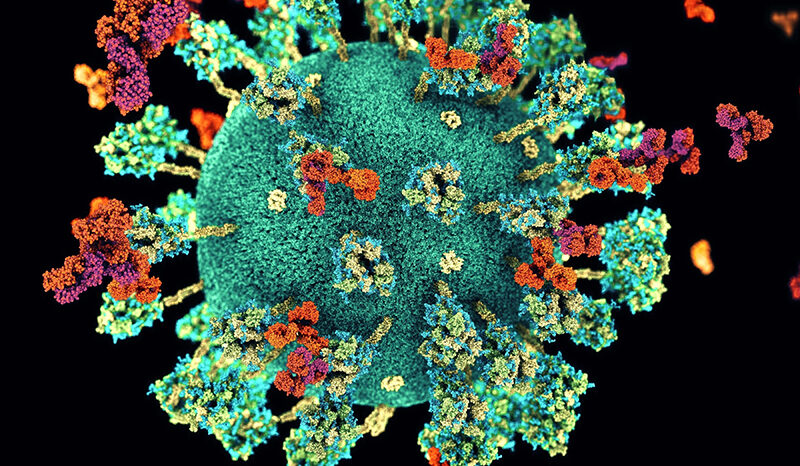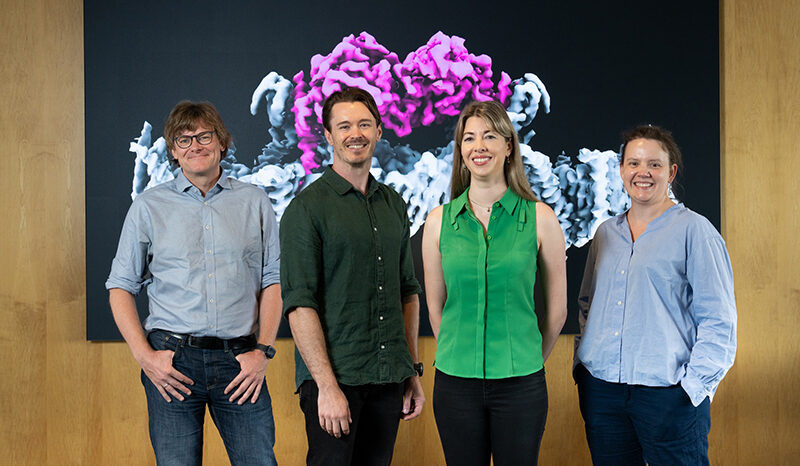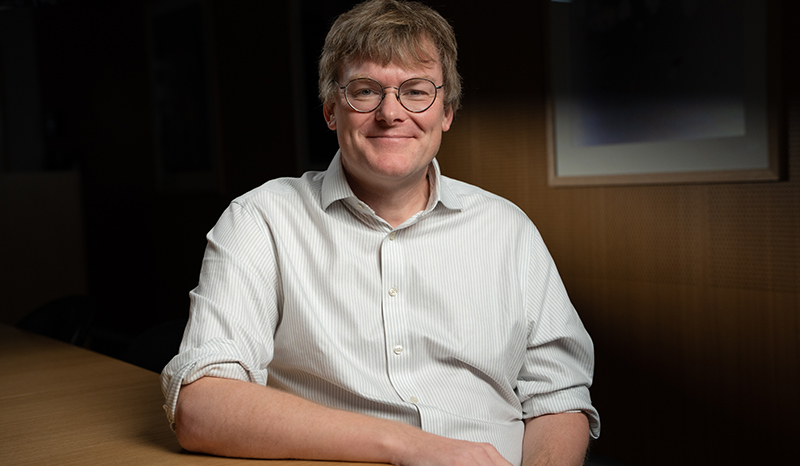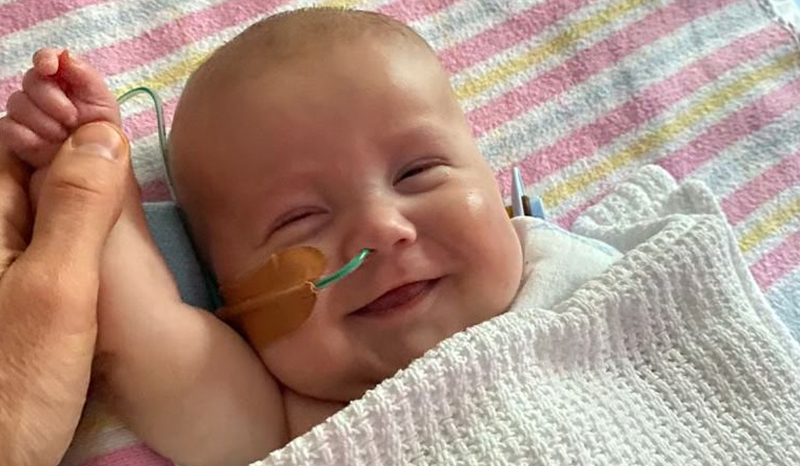Marapana D, Cobbold SA, Pasternak M, Shami GJ, Ralph SA, Lopaticki S, Yousef J, Vaibhav V, Dagley LF, Komander D, Cowman AF. Functional characterisation of components in two Plasmodium falciparum Cullin-RING-Ligase complexes. Scientific Reports. 2025;15(1):10.1038/s41598-025-05342-0
Wang XS, Jiou J, Cerra A, Cobbold SA, Jochem M, Mak KHT, Corcilius L, Silke J, Payne RJ, Goddard-Borger ED, Komander D, Lechtenberg BC. The RBR E3 ubiquitin ligase HOIL-1 can ubiquitinate diverse non-protein substrates in vitro. Life Science Alliance. 2025;8(6):10.26508/lsa.202503243
Callegari S, Kirk NS, Gan ZY, Dite T, Cobbold SA, Leis A, Dagley LF, Glukhova A, Komander D. Structure of human PINK1 at a mitochondrial TOM-VDAC array. Science. 2025;388(6744):10.1126/science.adu6445
M. Bader S, Calleja DJ, Devine SM, Kuchel NW, Lu BGC, Wu X, Birkinshaw RW, Bhandari R, Loi K, Volpe R, Khakham Y, Au AE, Blackmore TR, Mackiewicz L, Dayton M, Schaefer J, Scherer L, Stock AT, Cooney JP, Schoffer K, Maluenda A, Kleeman EA, Davidson KC, Allison CC, Ebert G, Chen G, Katneni K, Klemm TA, Nachbur U, Georgy SR, Czabotar PE, Hannan AJ, Putoczki TL, Tanzer M, Pellegrini M, Lechtenberg BC, Charman SA, Call MJ, Mitchell JP, Lowes KN, Lessene G, Doerflinger M, Komander D. A novel PLpro inhibitor improves outcomes in a pre-clinical model of long COVID. Nature Communications. 2025;16(1):10.1038/s41467-025-57905-4
Agrata R, Komander D. Ubiquitin—A structural perspective. Molecular Cell. 2025;85(2):10.1016/j.molcel.2024.12.015
Gan ZY, Komander D, Callegari S. Reassessing kinetin’s effect on PINK1 and mitophagy. Autophagy. 2024;20(11):10.1080/15548627.2024.2395144
Michel MA, Scutts S, Komander D. Secondary interactions in ubiquitin-binding domains achieve linkage or substrate specificity. Cell Reports. 2024;43(8):10.1016/j.celrep.2024.114545
Nguyen-Dien GT, Townsend B, Kulkarni PG, Kozul K-L, Ooi SS, Eldershaw DN, Weeratunga S, Liu M, Jones MJ, Millard SS, Ng DC, Pagano M, Bonfim-Melo A, Schneider T, Komander D, Lazarou M, Collins BM, Pagan JK. PPTC7 antagonizes mitophagy by promoting BNIP3 and NIX degradation via SCFFBXL4. EMBO Reports. 2024;25(8):10.1038/s44319-024-00181-y
Wu X, Go M, Nguyen JV, Kuchel NW, Lu BGC, Zeglinski K, Lowes KN, Calleja DJ, Mitchell JP, Lessene G, Komander D, Call ME, Call MJ. Mutational profiling of SARS-CoV-2 papain-like protease reveals requirements for function, structure, and drug escape. Nature Communications. 2024;15(1):10.1038/s41467-024-50566-9
Davidson S, Shibata Y, Collard S, Zheng H, Kong K, Sun JM, Laohamonthonkul P, Cerra A, Kratina T, CIRCA, AADRY, Li MWY, Russell C, van Beek A, Kirk EP, Walsh R, Alqanatish J, Almojali A, Alsuwairi W, Alrasheed A, Lalaoui N, Gray PE, Komander D, Masters SL. Dominant negative OTULIN-related autoinflammatory syndrome. Journal of Experimental Medicine. 2024;221(6):10.1084/jem.20222171






